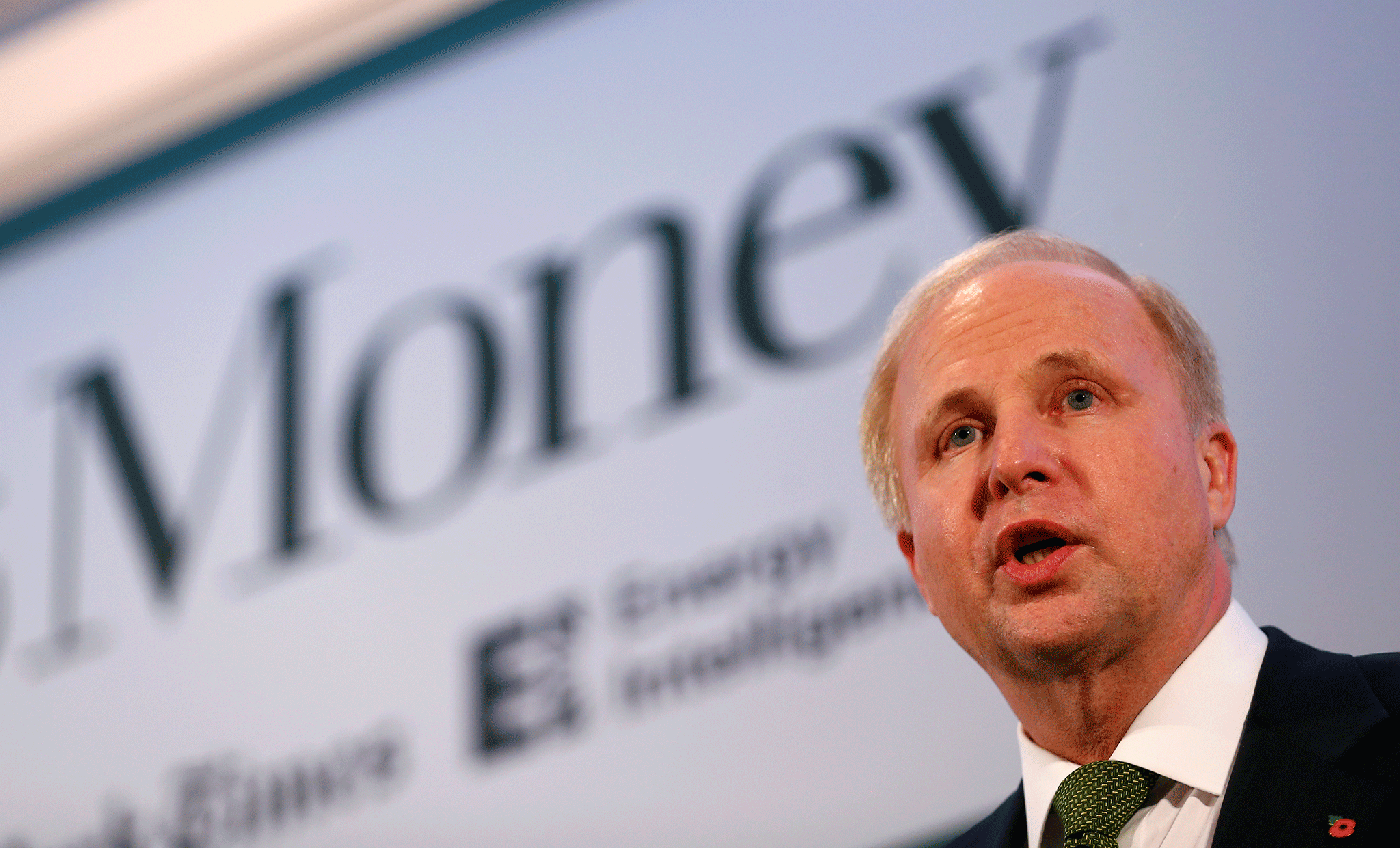British company boards cannot be trusted on pay
The head of the pay consultants' trade body says directors should be given back their "discretion" over setting bonuses. That would only serve to make CEO pay higher

Pay consultants who make good money telling boards to give their executives’ more appear to want to be part of the solution to the controversy that continues to rage over that.
Martin Read, who serves as the chairman of the Remuneration Consultants Group, thinks that if the people who sit on remuneration committees were just given back the discretion to set bonuses that they used to have, then things would get better.
We might, he suggests, start to see more of what oil giant BP amusingly referred to as “downward discretion” when it cut CEO Bob Dudley’s money by some 40 per cent earlier this year to head off a shareholder rebellion.
Here’s what Mr Read had to say to the Evening Standard on the subject: “Part of the problem has been that 10 to 15 years ago RemCos tended to exercise their discretion in favour of the management so investors didn't like the idea of discretion but that has changed.
“Directors are the best judges of understanding what is going on in a company and to take a view on how someone has done. It's down to the investors to hold the directors to account, if investors don't like what they're doing they can vote against them. it's a fundamental principle of accountability.“
It sounds very reasonable, doesn’t it. The trouble is, there’s very little evidence to suggest that boards wouldn't revert to their time honoured practice of handing their executives a feast if they had the bonus cookie jar handed back to them by investors.
Consider the situation at BP.
Now, even though RemCos these days have to set out and adhere to the criteria they will use for setting bonuses, they still have discretion over the sizes of bosses' overall packages. BP's RemCo only used its in a downward direction after a huge fuss blew up as a result of Mr Dudley being handed a 20 per cent rise having despite the company slashing jobs after having reported a record loss.
This led to the apparently perverse situation of him suffering a 40 per cent cut the next year when things were ticking up again.
I’m presuming that Mr Read would therefore argue that the board was justified in handing Mr Dudley the original increase, despite the record loss, because performance subsequently improved and non executive directors would have been aware of the efforts Mr Dudley was making towards that end.
However, the size of the package he was handed to do that was, and is, perverse by itself. Mr Dudley, after all, is not an entrepreneur risking his own money to make a buck. He is a professional manager. There is no earthly reason why he therefore needs to be paid nearly $20m (£16m) just for turning up and doing his job. Even the $11.6m he received after the cut, sorry, the downward discretion, is absurd.
Numbers like that are not only socially divisive, research has shown that they are profoundly de-motivating for people lower down the food chain who feel resentful, and cynical, when they see numbers like that bandied around. And why wouldn't they? There is, after all, no evidence that paying bosses such large amounts results in sustained improvements in either corporate or economic performance. If, as a result, it looks to you like the boss is taking the mickey, well, why shouldn’t you do the same? Tell you what, why don't we just make today's lunch break a little longer?
Business news: In pictures
Show all 13The people who sit on RemCos seldom pay any attention to this, and nor do the consultants who advise them, and have a vested interest in boosting the pay packages of the bosses who, after all, hire them. Let’s just pay our guy already!
Things only change when investors kick up a fuss, usually prompted by media storms that inevitably blow up in the cases of peop
Subscribe to Independent Premium to bookmark this article
Want to bookmark your favourite articles and stories to read or reference later? Start your Independent Premium subscription today.

Join our commenting forum
Join thought-provoking conversations, follow other Independent readers and see their replies